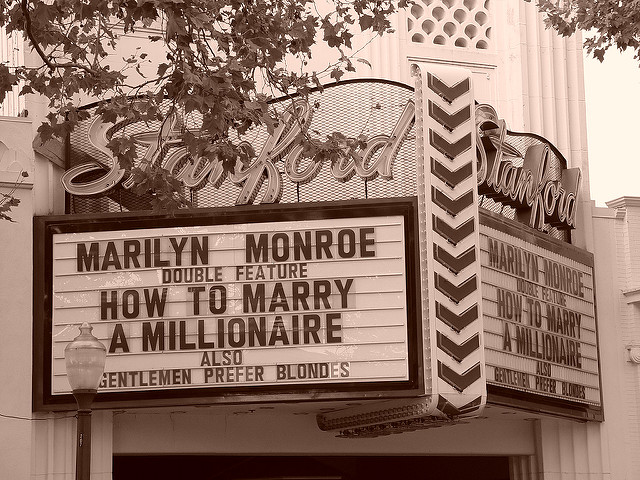All systems of communication and control — from the human mind to [a] command and control network — can be subtly degraded, disabled, or subverted by feeding them false inputs or exploiting weaknesses in how they process, evaluate, and act on information. […] We sit at the threshold of an new era characterized by the ubiquity of adaptive, data-hungry systems and a corresponding society characterized more and more by the offloading of its collective memory, cognition, and reasoning to computers. [… Our] increasingly informatized identities, culture, society, media, and politics can be easily manipulated by actors that understand how the organization of information networks determines their influence on our beliefs and behaviors.
We’re stuck here, aren’t we? The older I get, the more fatalistic I get. The internet, replete with endless information, can be weaponized in a variety of different ways.
If you can change what people people believe, it’s easy to manipulate reality in other ways. We humans have scant resistance to digital infowar. Weapons of mass rhetoric are wielded by other humans.
But the catch is that they have fewer scruples! Most people are morons — or at least uneducated — and susceptible to even naive or ridiculous attacks.
There is no hope of mutual understanding across ideologies. We’re primed to morally entrench. Perhaps the most optimistic future is one in which we fracture into city-states. Hopefully we’d be able to maintain free trade — but I don’t know what realistic impulse would make me hope for that.
On the bright side, I finally read BuzzFeed’s August report on the effort to outlaw “killer robots”. Uh, disregard the efficacy of that push.





